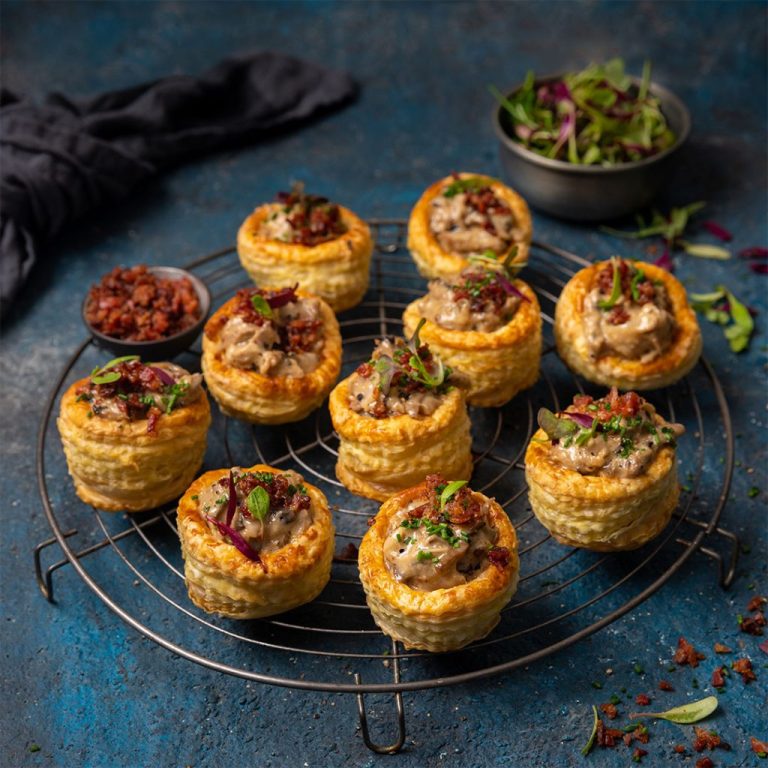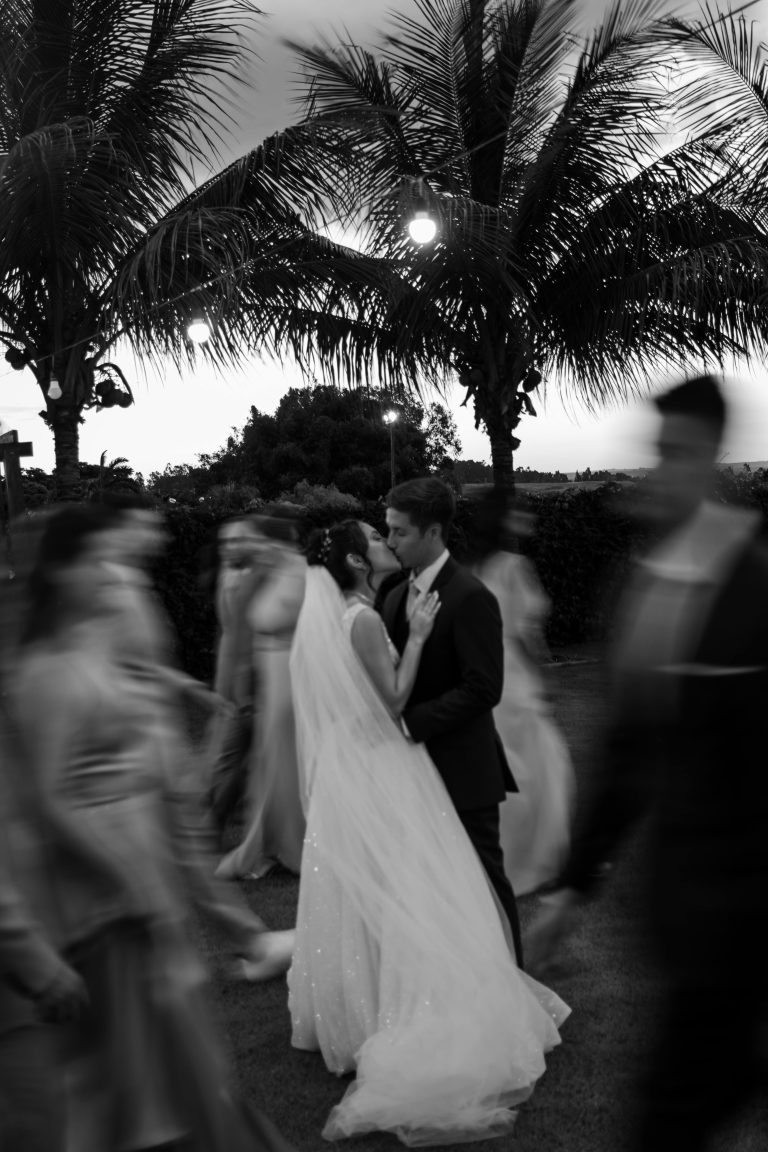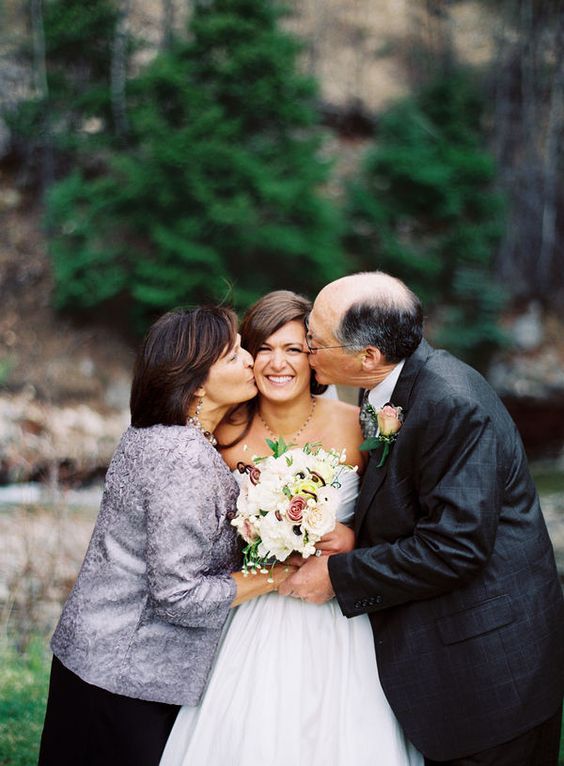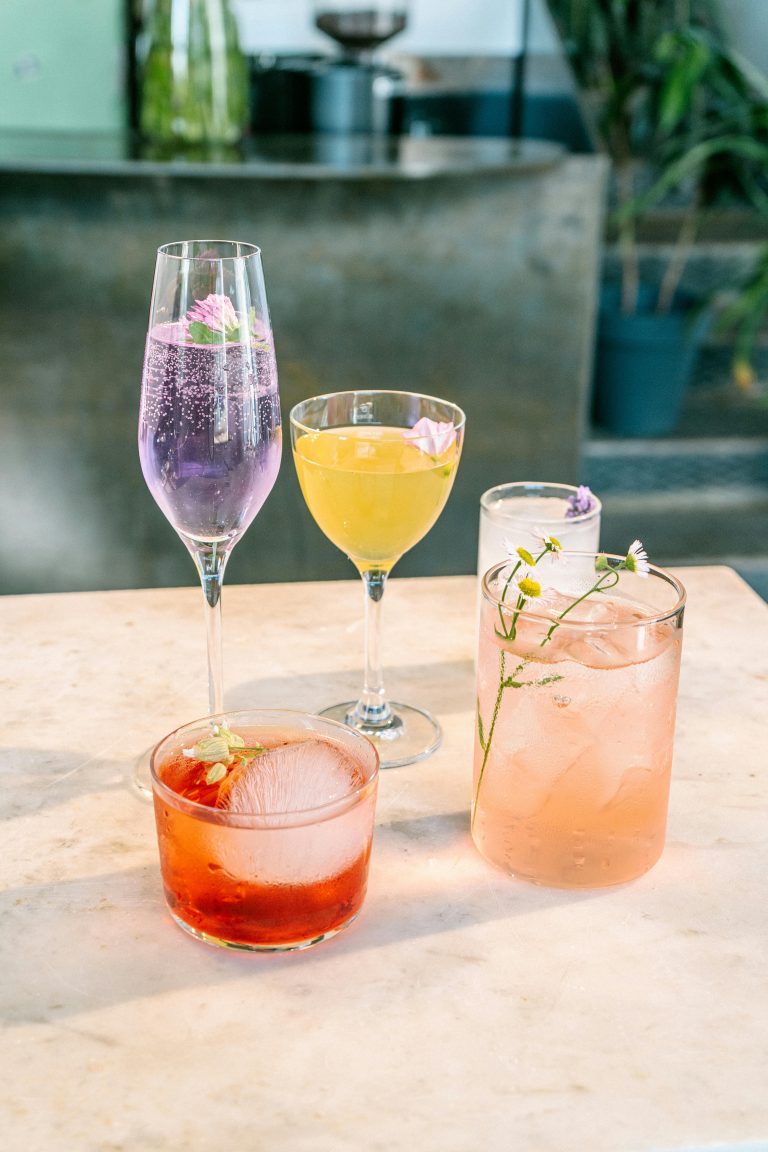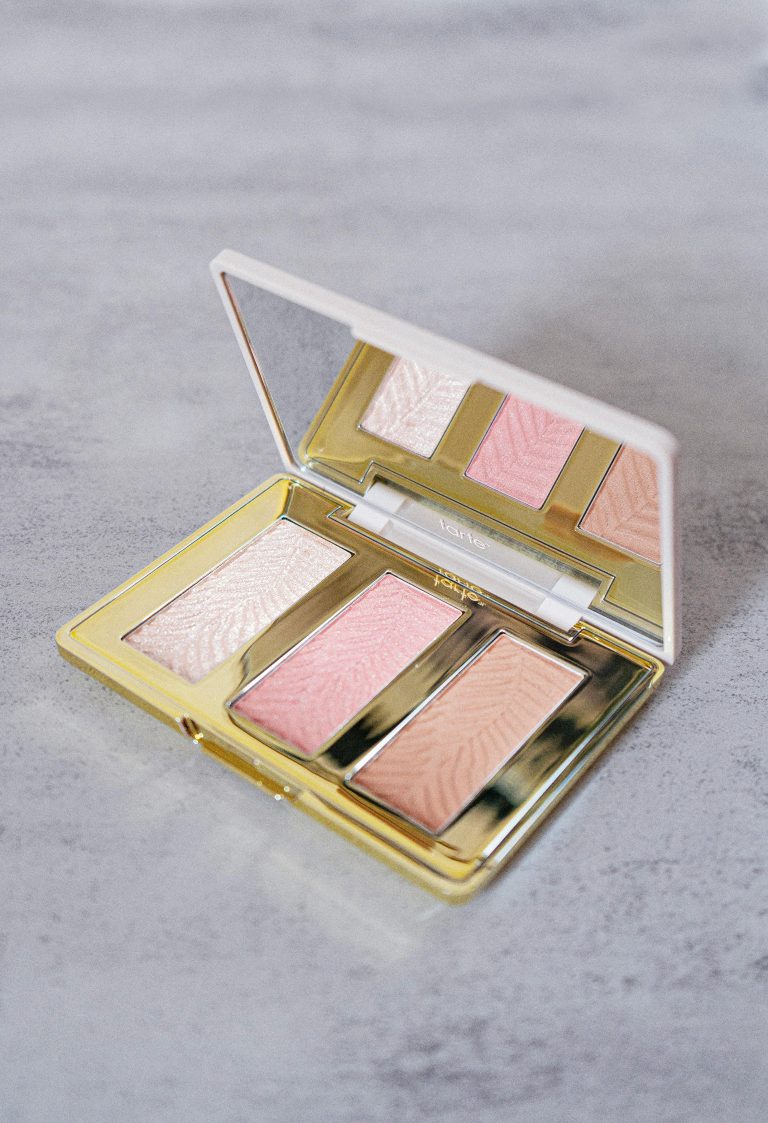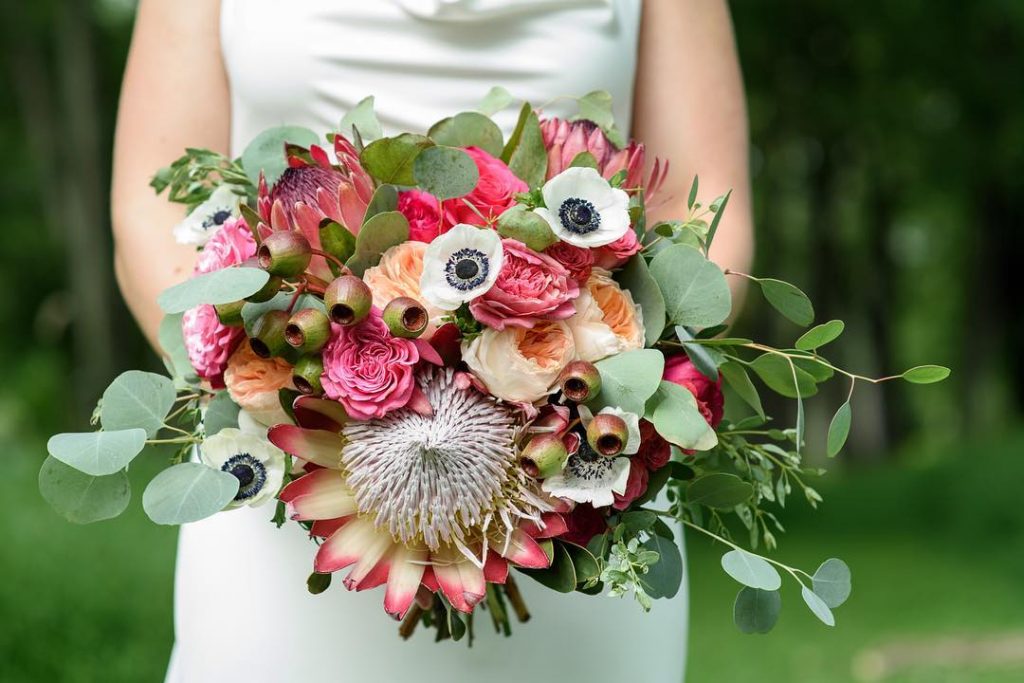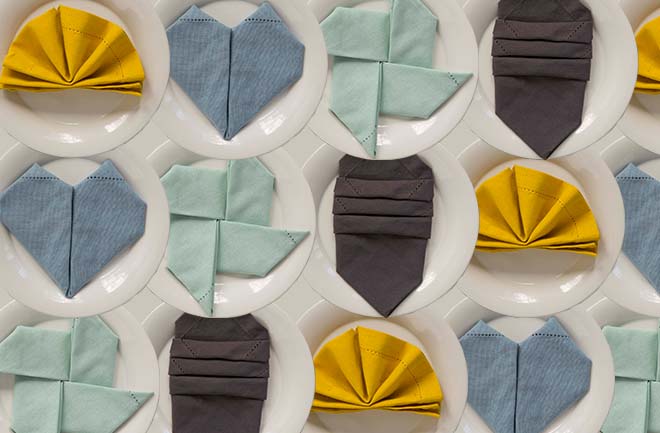Looking for the perfect cocktail-hour starter while you and your new spouse step away for your photoshoot? These pork-and-mushroom vol-au-vents are an elegant wedding canapé option that keeps guests satisfied and the celebration flowing.
Ingredients
- 200 g boneless, skinless pork shoulder
- 3 garlic cloves, finely grated
- 2 tsp fresh thyme
- 1 tsp salt
- 1 tsp pepper
- 1/2 tsp nutmeg
- 1 tbsp olive oil
- 1 cup chicken stock
- 100 g brown mushrooms, finely chopped
- 1 tbsp brandy
- 1/2 cup cream
- 30 g grated Parmesan
Vol-au-vent cases
- 2 x 400 g rolls of frozen puff pastry, thawed
- 2 tbsp olive oil
- 1 egg yolk
- 1 tbsp milk
Bacon crumble
- 100 g streaky bacon
You’ll need
- 1 x 4 cm diameter cookie cutter
- 1 x 1.5 cm diameter cookie cutter
- 1 tbsp chopped chives to serve
Method
Pork filling
- Preheat the oven to 180ºC.
- Place the pork shoulder into a deep oven tray. Mix the garlic, thyme, salt, pepper, nutmeg, and olive oil in a small bowl. Rub this spice mixture all over the pork and pour the chicken stock into the tray. Cover the tray with foil and place into the oven.
- Roast the pork for 3 hours, or until pull-apart tender.
- When the pork is roasted, remove it from the oven, pour the juices into a jug, and reserve. Use two forks to shred the pork.
- Heat a medium-sized saucepan and add the olive oil. Add the chopped mushrooms and fry until browned and caramelised.
- Deglaze the pan with the brandy and cook for 1 minute. Add the roasting juices to the mushrooms and bring to a boil, then reduce to a simmer and add the cream.
- Add the Parmesan cheese and simmer for about 3 minutes, then add the shredded pork and heat through. Taste and adjust the seasoning with salt and pepper.
Vol au vent cases
- Line a baking tray with baking paper.
- Unroll one roll of pastry and leave it on the plastic it was rolled in. Using the 4 cm cookie cutter, cut out 25 circles (or as many as it yields), then place these pastry circles upside down on the prepared baking sheet.
- Beat the egg yolk and milk together, and then brush the circles with this mixture – take care not to brush too close to or around the sides of the circles, as this can cause the pastry not to rise properly.
- Unroll the second sheet of pastry and keep it on the plastic it was rolled in; cut the same amount of circles. You will end up with a doughnut-shaped ring of pastry.
- Lift these, turn them upside down and place them on top of the original circles that you have already egg washed. This will form the sides of your ring-shaped piece of pastry.
- Using a fork, prick the bottom pastry in the centre hole of the ring layer to prevent it from puffin up during baking. Brush the top of the ring circles with egg wash, but again, be careful not to get it on the sides, otherwise, your vol-au-vents may not rise properly.
- Note: The circles that were removed from the centre of the pastry rings, as well as any leftover pastry, can be egg washed and cooked separately. The round centre pieces can serve as ‘hats’ for the vol-au-vents, should you choose to use them.
- Place the tray into the oven for 15 to 20 minutes, or until the vol-au-vents are well-risen and golden. Remove the pastry cases from the oven and allow them to cool.
Bacon crumble
- Turn the oven to the grill setting. Lay the bacon on a baking sheet and place it into the oven for 8 to 10 minutes to cook until crispy. Alternatively, cook in an air fryer. Let it cool slightly, then chop to a fine crumb.
To assemble
- Add 1 to 2 teaspoons of the pork and mushroom mixture to each vol-au-vent to fill. Sprinkle bacon crumbs over the top of each vol-au-vent and garnish with chopped chives. Serve immediately.

